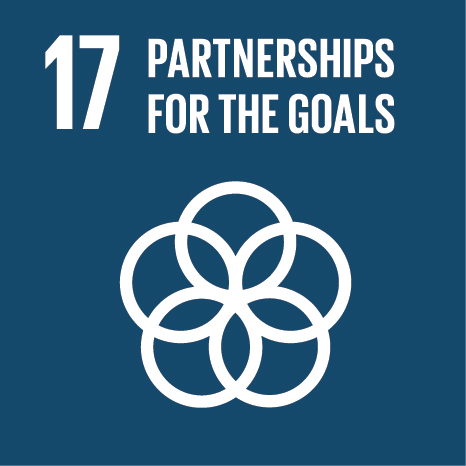TIWELL - Territories of Inequality and Well-being: project presentation
Event Title
SEMINÁRIO JRC, Sevilla
Year (definitive publication)
2019
Language
English
Country
Spain
More Information
Web of Science®
This publication is not indexed in Web of Science®
Scopus
This publication is not indexed in Scopus
Google Scholar
This publication is not indexed in Overton
Abstract
How can we measure and monitor the effects of social inequalities in contemporary Portuguese society across regional, national and European scales? International agendas of human and sustainable development accept the premise that to achieve social progress, other dimensions beyond economic growth need to be accounted for. The deep inequalities in Portuguese society threaten the universality of fundamental rights and incite an urgent call for more data, based on technical and scientific knowledge, to understand the relations between inequalities and well-being as well as to frame place-based public policies and interventions.
The project aims to develop a system of indicators to improve data availability, visualisation and analysis on the multidimensional relationships between living conditions and well-being in a comparative, intranational and international perspective.
is organised in a multi-stage strategy based on methodological triangulation recurring in the use of quantitative (institutional statistics) and qualitative (Delphi method- case studies) approaches.
The first stage will allow the definition of the system of indicators for measuring inequalities and well-being (multivariate and multilevel analysis, as well as objective and subjective indicators) supported mainly by the European Social Survey 2016 and other data sources (EU-SILC and Labour Force Survey, OECD, World Bank, National Statistics – aggregate and microdata). Data processing will be performed using adequate statistical software (e.g. SPSS and R). This process is conducted following the guidelines presented in the New European Territorial Challenges and Regional Policy (2017) of the European Policies Research Centre to ensure that the territorial dynamics associated with inequalities and well-being are captured.
The second step concerns the prospective analysis and will allow the validation of the measurement model at the intranational level, cross-referencing a previous diagnosis elaborated based on the institutional statistics and the results of the application of the Delphi method (Serrano and Neto, 2018). This method explores the concept of "multiple scenarios" in the intersection between past events, present trends and future possibilities. The data collection obeys four principles: (i) anonymity; (ii) the employment of specialists; (iii) the application of the questionnaire in rounds; and (iv) the search for consensus (Fowles, 1978 apud European Commission, 2013). The Delphi study is conducted in 6 case studies in different typologies of territory with the participation of actors involved in the organization and implementation of public policies and social interventions (municipalities and other partners). These data collections will contribute to: (i) a placed-based convergence analysis (as parameterized in the sustainable development goals and referenced in the dimensions and axes of relations between inequalities and well-being); (ii) the modelling of place-based scenarios (at least NUT II) in which key variables and events that may contribute to shaping the relations between inequalities and well-being are mapped and its effects estimated using counterfactual analysis whenever possible; (iii) the proposal of complementary indicators to assess policies interventions to improve population well-being.
Acknowledgements
--
Keywords
Fields of Science and Technology Classification
- Other Natural Sciences - Natural Sciences
- Economics and Business - Social Sciences
- Sociology - Social Sciences
Related Projects
This publication is an output of the following project(s):
Contributions to the Sustainable Development Goals of the United Nations
With the objective to increase the research activity directed towards the achievement of the United Nations 2030 Sustainable Development Goals, the possibility of associating scientific publications with the Sustainable Development Goals is now available in Ciência_Iscte. These are the Sustainable Development Goals identified by the author(s) for this publication. For more detailed information on the Sustainable Development Goals, click here.

 Português
Português



